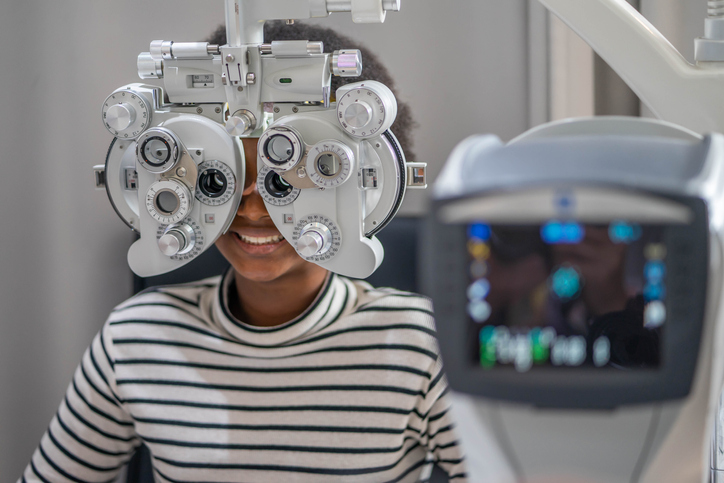
Most people in the U.S. have good vision and need very little or no help to see. But there is a significant group of people who have vision problems, and many of them do not use any corrective options. February is Low Vision Awareness Month. Learn more about low vision and how it affects your overall health.
Vision Problems Affect Many People
The Centers for Disease Control estimates that as many as 21 million people may have some vision problem. In addition, more than 3.4 million adults over the age of 40 are seriously visually impaired or blind. But the number of people who could develop low vision problems over time is much larger. Over 80 million people are currently dealing with diseases that could result in low vision or blindness.
What Is Low Vision?
While many people have mild to moderate vision problems, some suffer from low vision. Unlike other vision problems, glasses and contacts can’t cure low vision. Low vision can impede your ability to perform everyday activities. In addition, people with low vision may struggle to tell colors apart, drive, read, and recognize faces. Many diseases and conditions can cause low vision. And low vision is a catch-all term that includes different types of vision loss.
Do You Have Low Vision?
There are many types of low vision and vision loss. It’s important to visit your eye doctor for an exam. These exams can determine what kind of vision loss you may have. In addition, the doctor will talk to you about your options. Unfortunately, low vision is permanent. Although contacts or glasses can’t cure low vision, they may be able to improve it. And there may be other treatment options that will work for you. But the key is to start with a vision exam so you know what is happening.
How Low Vision Can Affect Your Health
There are many ways that low vision can affect your health. For example, people who struggle with doing routine tasks may become disheartened. Impaired vision can also increase your risk of having an accident or getting hurt if you can’t see well. And people with low vision are more likely to fall. In addition, many conditions can cause low vision to become worse if low vision restricts your ability to be active.
You might also like: Discover The Hyundai Venue
Ways You Can Help Yourself and Others
Low Vision Awareness Month is a great reminder to get a yearly eye exam. Even if you think your vision is great, having a doctor’s checkup is always a good idea. There may be minor issues that will be easier to handle if you catch them early. In addition, February is a great time to get the word out to others about low vision and vision impairment. You can encourage friends and loved ones to get their vision checked as part of taking care of their overall health.
